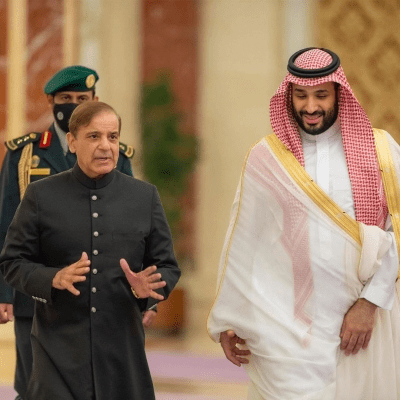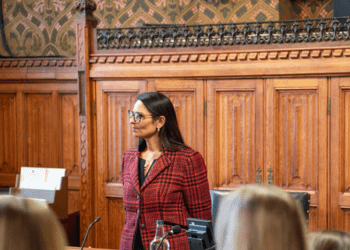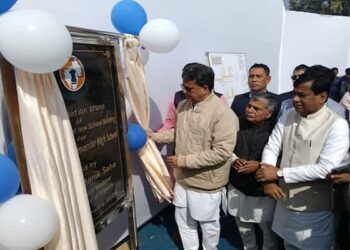New Delhi, November 9:
The recently signed Memorandum of Understanding (MoU) between the Punjab government and the Saudi-Pakistan Joint Business Council has been described as a potential turning point for Pakistan’s struggling industrial sector. The agreement envisions the creation of a Saudi-funded industrial city in Punjab, with investments directed toward special economic zones (SEZs), logistics, and infrastructure, backed by tax incentives and customs exemptions.
However, according to a report by Asian Lite, the optimism surrounding the MoU masks deeper concerns about Pakistan’s ability to deliver on its promises. Much like previous ventures such as the China-Pakistan Economic Corridor (CPEC), the Saudi-Pakistan partnership currently stands as a declaration of intent rather than a binding commitment.
The report noted that a decade after CPEC’s launch, several projects remain incomplete, while Chinese investors have voiced frustration over payment delays, policy inconsistency, and security challenges. Experts caution that for Saudi investments to succeed, Pakistan must address its long-standing structural issues — including erratic power supply, bureaucratic red tape, weak infrastructure, and an unstable foreign exchange regime.
Energy insecurity continues to cripple industrial output, while policy unpredictability and tax complications have driven away major global corporations such as BP, Siemens, and Chevron. Compounding the problem, foreign investors face difficulties repatriating profits due to Pakistan’s foreign exchange restrictions and recurring balance-of-payments crises.
Analysts suggest that the proposed industrial city could find success if it focuses on sectors aligned with Saudi Arabia’s Vision 2030 — particularly construction materials, halal food processing, and medical devices — instead of spreading investments too thin.
Ultimately, the report concludes, the MoU represents less a diplomatic victory and more a test of Pakistan’s governance and economic management. Without learning from CPEC’s failures, this Saudi initiative risks becoming yet another unfulfilled promise.


















